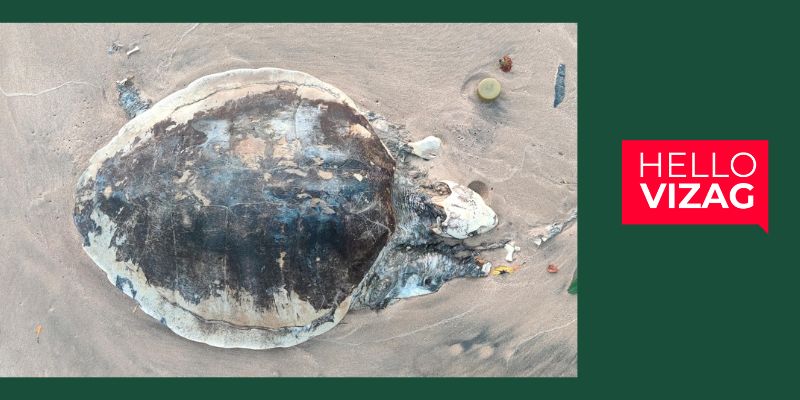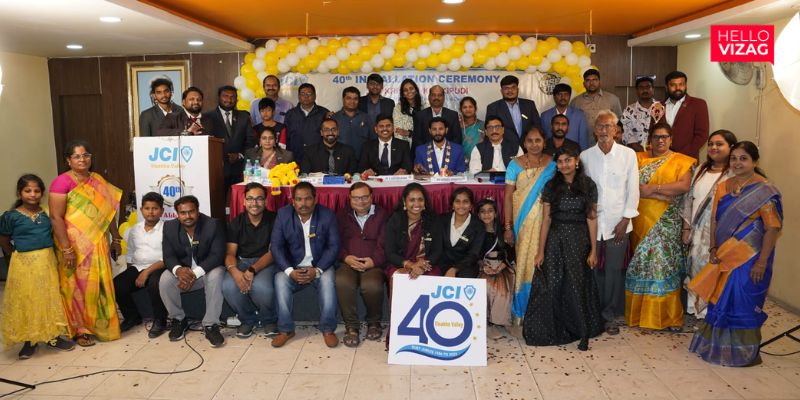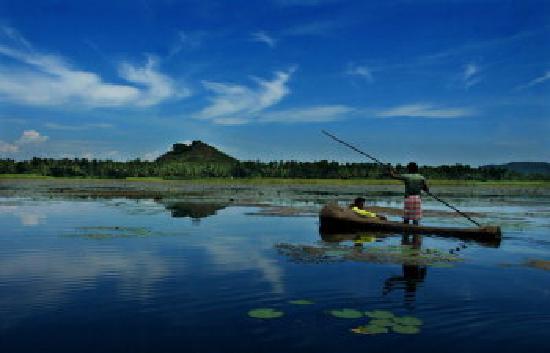CARCASSES OF OLIVE RIDLEY TURTLES CONTINUE TO WASH ASHORE IN VISAKHAPATNAM
Possible Causes:
-
Fishing-Related Injuries:
Turtles often get entangled in fishing nets, such as trawl and gill nets, leading to injuries or drowning when unable to surface for air. Bycatch is a significant cause of turtle mortality in the region. -
Pollution and Marine Debris:
Plastic pollution, ingestion of marine debris, and oil spills can harm turtles, leading to sickness or death. Coastal pollution further exacerbates the problem. -
Collision with Vessels:
Increased maritime activity along the Visakhapatnam coast, including shipping and fishing boats, can result in accidental collisions with turtles. -
Habitat Destruction:
Coastal development, sand mining, and disturbances from human activity degrade nesting habitats, reducing the turtles' chances of survival. -
Climate Change:
Rising sea temperatures and changes in ocean currents may disorient turtles, disrupt food availability, or affect their nesting cycles.
Mitigation Measures:
-
Use of Turtle Excluder Devices (TEDs):
Enforcing the use of TEDs in trawl nets can significantly reduce bycatch and allow turtles to escape. -
Awareness Campaigns:
Educating local communities and fishermen about the importance of conserving Olive Ridley turtles can encourage more responsible fishing practices. -
Patrolling and Rescue Operations:
Strengthening beach patrols during nesting season can help monitor turtle activities and rescue stranded individuals. -
Beach Conservation:
Protecting nesting sites through restricted access zones and cleanup drives can ensure safer nesting areas for turtles. -
Research and Monitoring:
Regular monitoring of turtle populations and causes of death can provide valuable data to guide conservation strategies.
Broader Implications:
The deaths of Olive Ridley turtles highlight the fragility of marine ecosystems and the need for immediate intervention. Effective collaboration among environmental agencies, local authorities, and communities can pave the way for the long-term preservation of this species.

 Team Hello Vizag
Team Hello Vizag



















